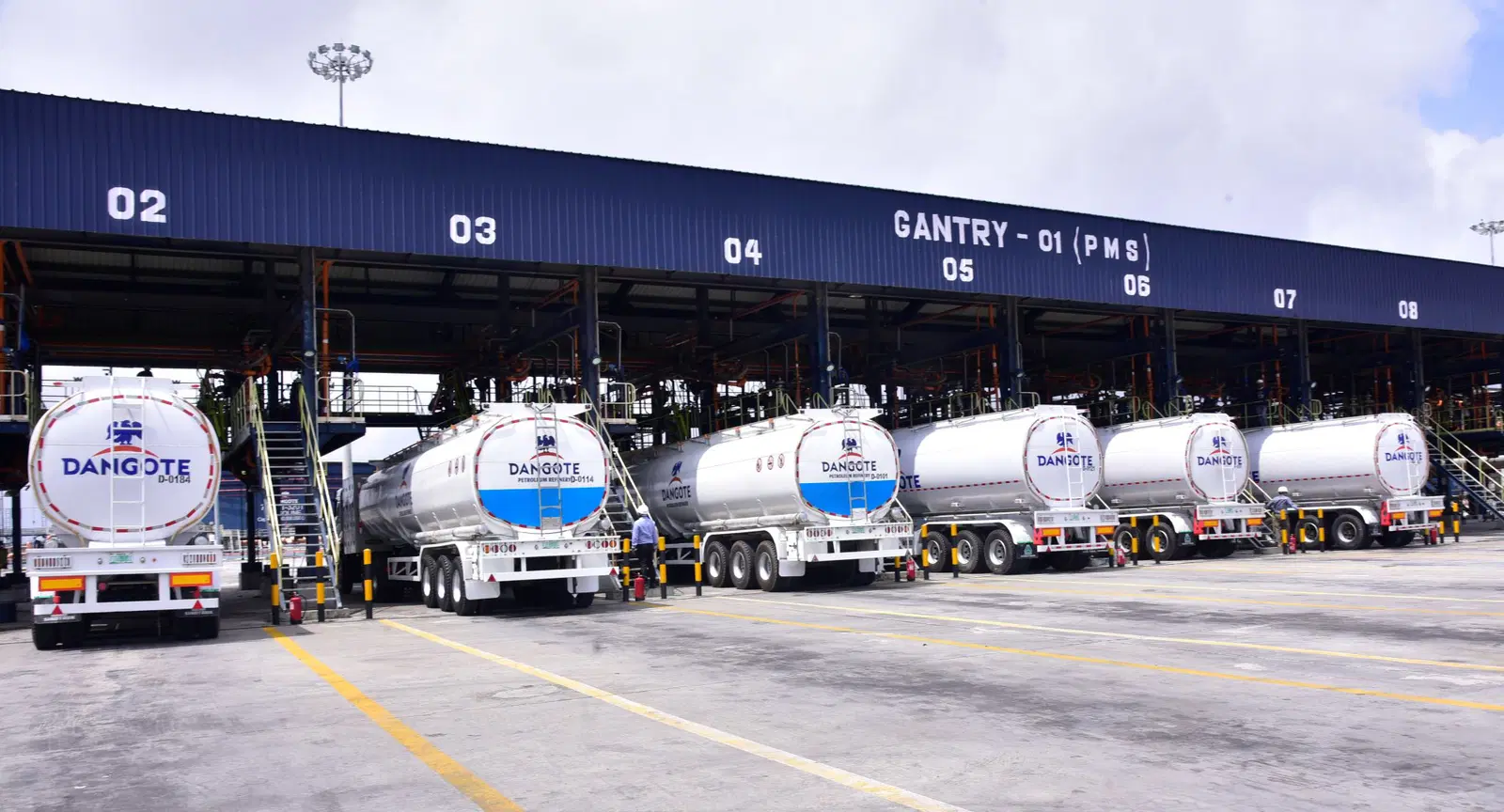The Minister of Transportation, Senator Said Alkali, has urged for increased funding to sustain and expand the country’s transportation infrastructure, as outlined in the 2025 budget proposal.
This was disclosed in a statement signed by Chief Information Officer, Federal Ministry of Transportation, Gift Seddon, on Friday.
Speaking before the Joint Committees at the National Assembly in Abuja, Alkali reaffirmed the Ministry’s dedication to achieving Nigeria’s Integrated Infrastructure Master Plan.
He further explained that the 2025 budget proposal was crafted to build on the achievements of the 2024 Appropriations Act, ensuring the continuity of the government’s developmental agenda.
“In order to sustain the progressive output under the 2024 Appropriation Act, in this financial year, there is a need for increased funding to improve the existing infrastructure in all the agencies under the Ministry,” Alkali said.
The minister stressed that the proposal aligns with the Renewed Hope Agenda of the current administration, with a strong emphasis on rail modernization projects and other forms of land transportation. He also appealed to the National Assembly for continued support, particularly in addressing challenges related to securing counterpart funding through loans.
Alkali noted the pivotal role of transportation in national development, describing it as “an enabler of economic growth and a gateway to the nation’s economy.”
In reviewing the ministry’s achievements for 2024, the minister highlighted the rehabilitation of the narrow gauge railway from Lagos to Kano, now operational for freight movement from Lagos Port to the Dala Inland Dry Port in Kano. He described this development as a key milestone in revitalizing economic activities.
Furthermore, Alkali informed the Joint Committees about the commissioning of a 62km rail corridor from Port Harcourt in Rivers State to Aba in Abia State.
He emphasized that this project is designed to enhance the connection between the Eastern Ports and the hinterland.
The minister also discussed the Ministry’s collaboration with the Presidential Initiative on Compressed Natural Gas, revealing that 15 CNG-powered buses had been distributed to three major transport unions: the National Union of Road Transport Workers, the Road Transport Employers Association of Nigeria, and the National Association of Road Transport Owners.
The minister explained that the initiative was designed to address transportation challenges arising from the removal of petrol subsidies. He highlighted that it reflects “the government’s commitment to empowering citizens while transitioning to a cleaner energy economy.”
Alkali also revealed that the Nigerian Institute of Transport Technology has established and launched CNG Conversion and Training Centres in Abuja, Zaria, Enugu, Borno, and Kogi States, with plans to extend the initiative to all 36 states across the Federation.
In his opening address, the Chairman of the Joint Senate/House Committees on Land Transport, Senator Mohammed Adamu Aliero, emphasized the critical role of efficient transportation infrastructure in driving Nigeria’s progress.
“The nation’s progress is intricately tied to the efficiency and development of our transportation infrastructure, making this budget defence a pivotal moment for shaping the trajectory of our country’s future,” Aliero stated.










